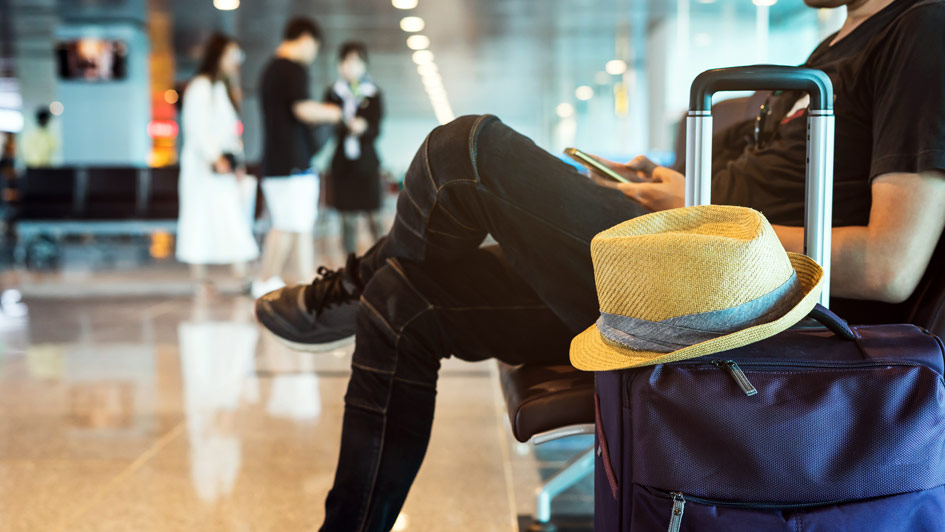
Whether it’s a much-needed vacation or an extended trip for work, taking a trip means making plans for your HVAC system. You don't need it as long as you’re away, so you can make adjustments as needed to conserve your energy use. Simultaneously, you don’t want to just turn it off for the entire time you're gone.
Instead, it’s best to leave your HVAC system running and just raise or lower depending on whether it's winter or summer. That way you can minimize energy costs without stressing about getting back to an uncomfortable home. We’ll review why you shouldn’t turn your HVAC system off as well as the ideal thermostat settings for different times of year.
This Is Why You Shouldn’t Leave Your Thermostat Alone
While you might be tempted to shut your HVAC system down before a trip, this will sometimes end up stirring up big problems by the time you get back. This is particularly true if the weather will be severely hot or cold while you’re gone.
As an example, turning the HVAC system off during the summer can cause very high humidity. Not only will your home feel muggy and uncomfortable when you have returned, but it could have also encouraged mold/mildew growth or pest infestations.
And in the winter, not using the furnace can lead to pipes icing over or even bursting. It’s never fun to get home from a nice trip only to find substantial water damage nearby a broken pipe.
Ideal Thermostat Settings While at Work
You can make temperature adjustments even as you come and go to work. Because you’re away for 8 hours or more, it doesn’t make sense to keep an empty home at the same temperature you’d usually have. Generally, it’s encouraged to turn up the thermostat by 5 degrees or more. Meaning that if you prefer a comfortable 72 degrees, consider increasing it to 76-77 while you’re out.
But you could save even more if you're open to further adjusting the temperature. As reported by the Department of Energy, you could save nearly 10% on your HVAC spending by increasing the adjustment to 7-10 degrees.
Best Thermostat Settings While on a Trip in Summer
If you're on a lengthier trip in the hottest part of summer, you can make bigger adjustments. This helps you avoid using too much energy while still safeguarding your home from the issues that come with leaving it without air conditioning. Around 5 degrees is suitable for brief trips while closer to 10 degrees is worthwhile if you’ll be away from home for 2 weeks or more. If you prefer keeping the house at 72 in the summer, 78-82 will offer great results.
Best Thermostat Settings While on Vacation in Winter
To figure out the ideal thermostat setting for a winter trip, simply lower it by the same amount you would increase it in summer. 68 is a common winter thermostat setting, so turning it down to 63-58 will protect your plumbing while limiting how often your furnace runs.
Smart Thermostats Are Even Better: Advantages of Smart Thermostat Installation
An ideal strategy to optimize your home’s HVAC system while away is using a smart thermostat. This advanced type of programmable thermostat utilizes intelligent software to understand your typical comfort habits. It learns these preferences and makes automatic changes to the schedule for better energy efficiency. And with Wi-Fi compatibility, you can remotely adjust your HVAC system from a mobile device or tablet.
Smart thermostats are stuffed with features to help you save on your energy bill. For instance, some models can observe electricity prices to increase heating or cooling when prices are lower. They can also work with high-efficiency, variable-speed equipment to refine how long your HVAC system needs to run. It’s the perfect tool to simplify how you use your comfort system. If you’re considering investing in a smart thermostat, there are different ways you can reduce your costs, in essence getting a smart thermostat for free. The next time you leave for vacation, you can receive true peace of mind that your HVAC system won’t stir up any trouble while you’re away.
